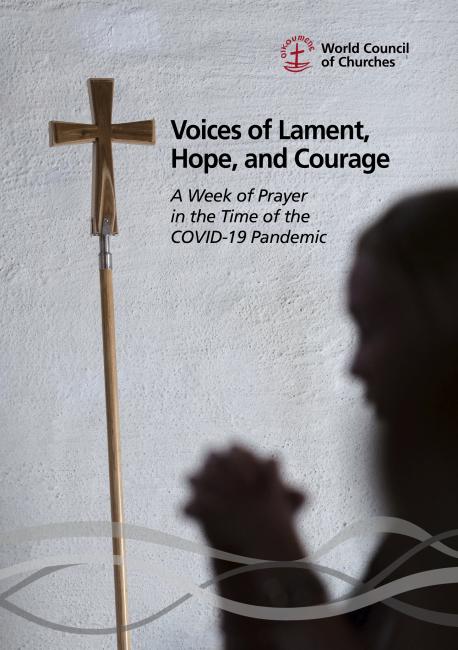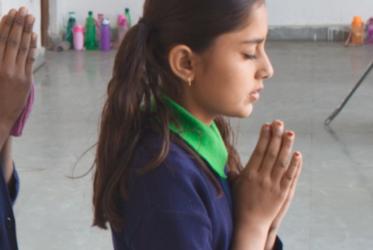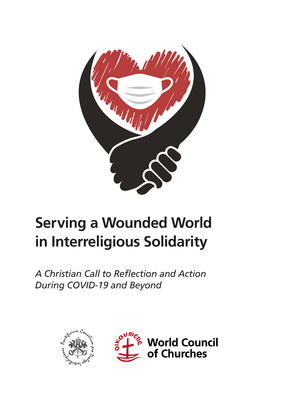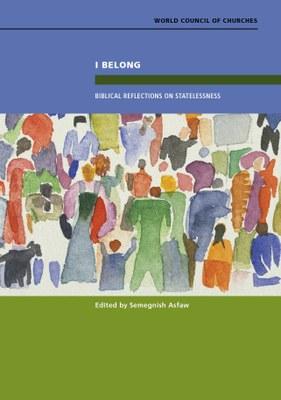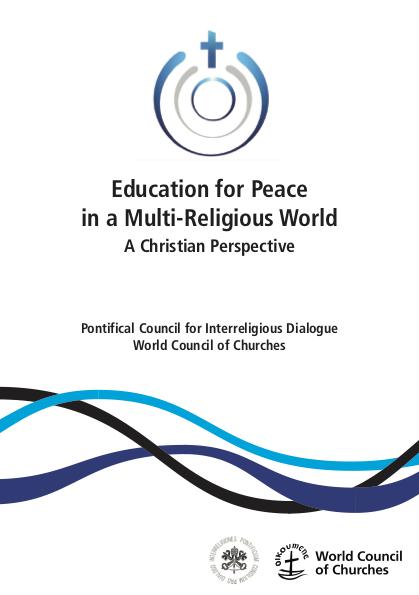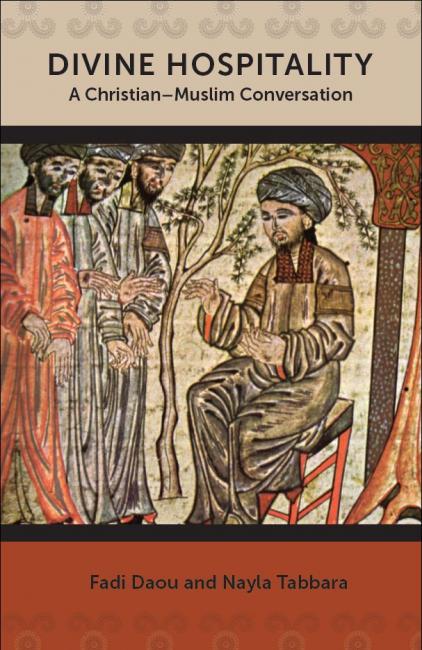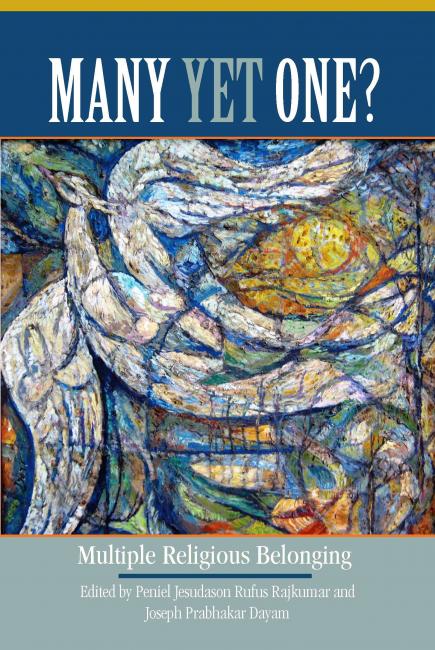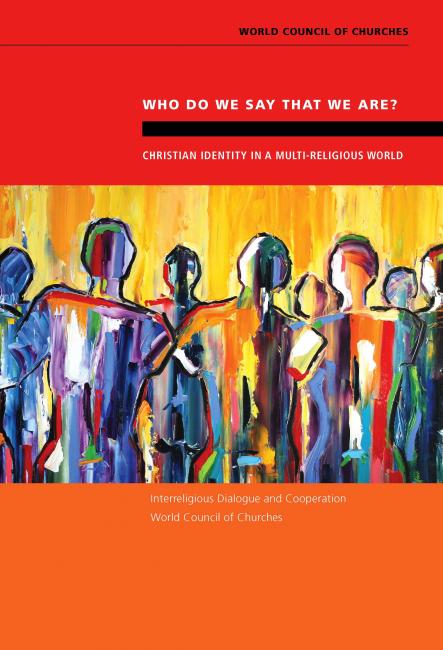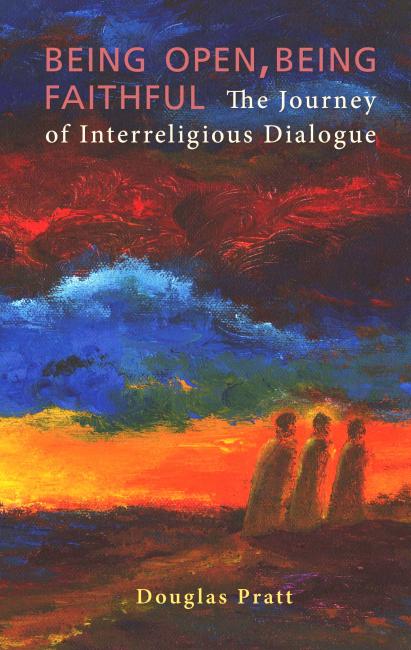Displaying 21 - 40 of 40
Voices of Lament, Hope, and Courage
A Week of Prayer in the Time of the COVID-19 Pandemic
18 March 2021
Pray without ceasing!
04 February 2021
In pictures: Week of Prayer for Christian Unity
01 February 2021
WCC to host online prayer for Week of Prayer for Christian Unity
21 January 2021
Serving a Wounded World in Interreligious Solidarity
A Christian Call to Reflection and Action During COVID-19 and Beyond
25 October 2020
I Belong: Biblical Reflections on Statelessness
Biblical Reflections on Statelessness
12 October 2020
Christian unity strengthens between Sweden, Malta
23 January 2020
Hosanna! Ecumenical Songs for Justice and Peace
01 August 2016

